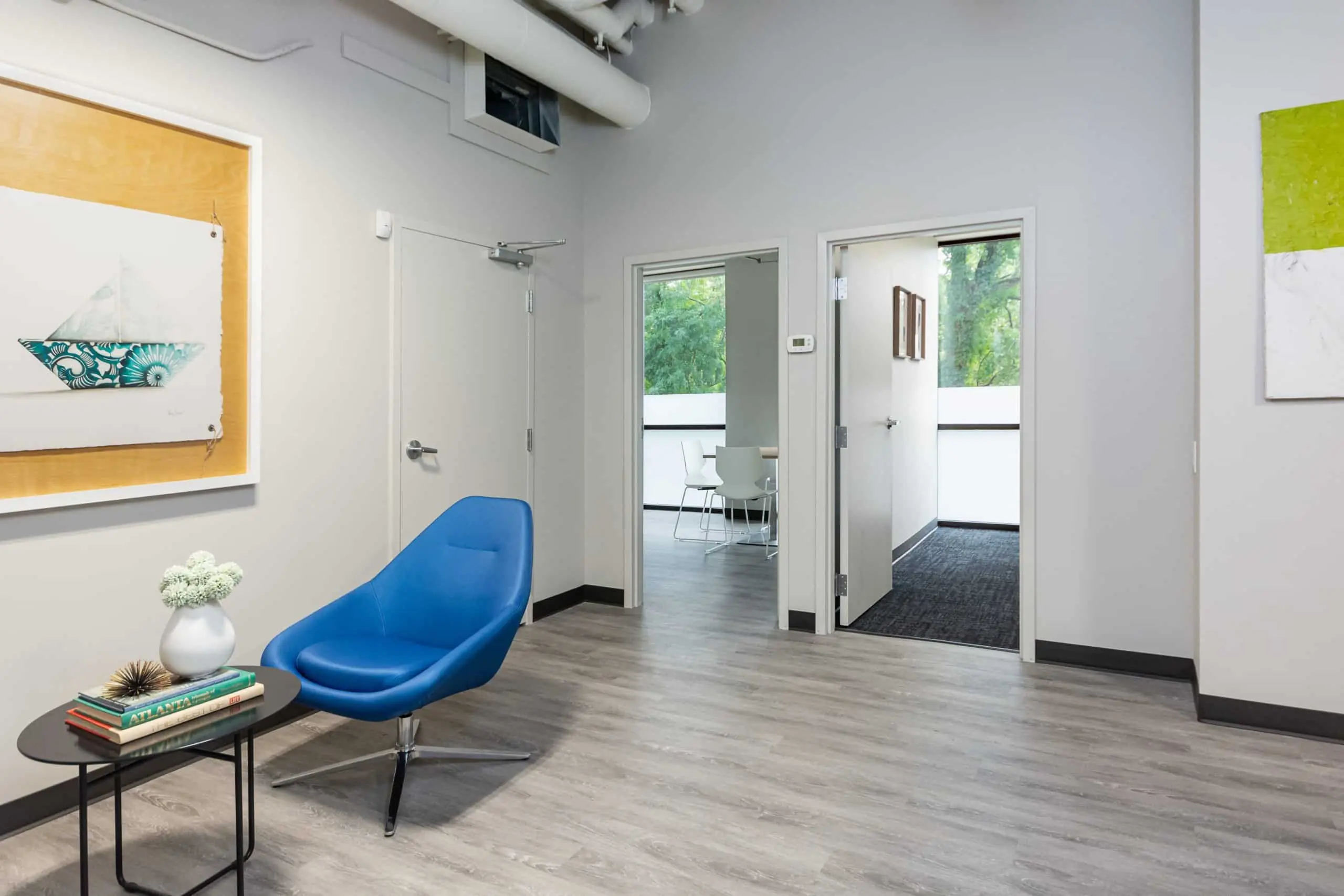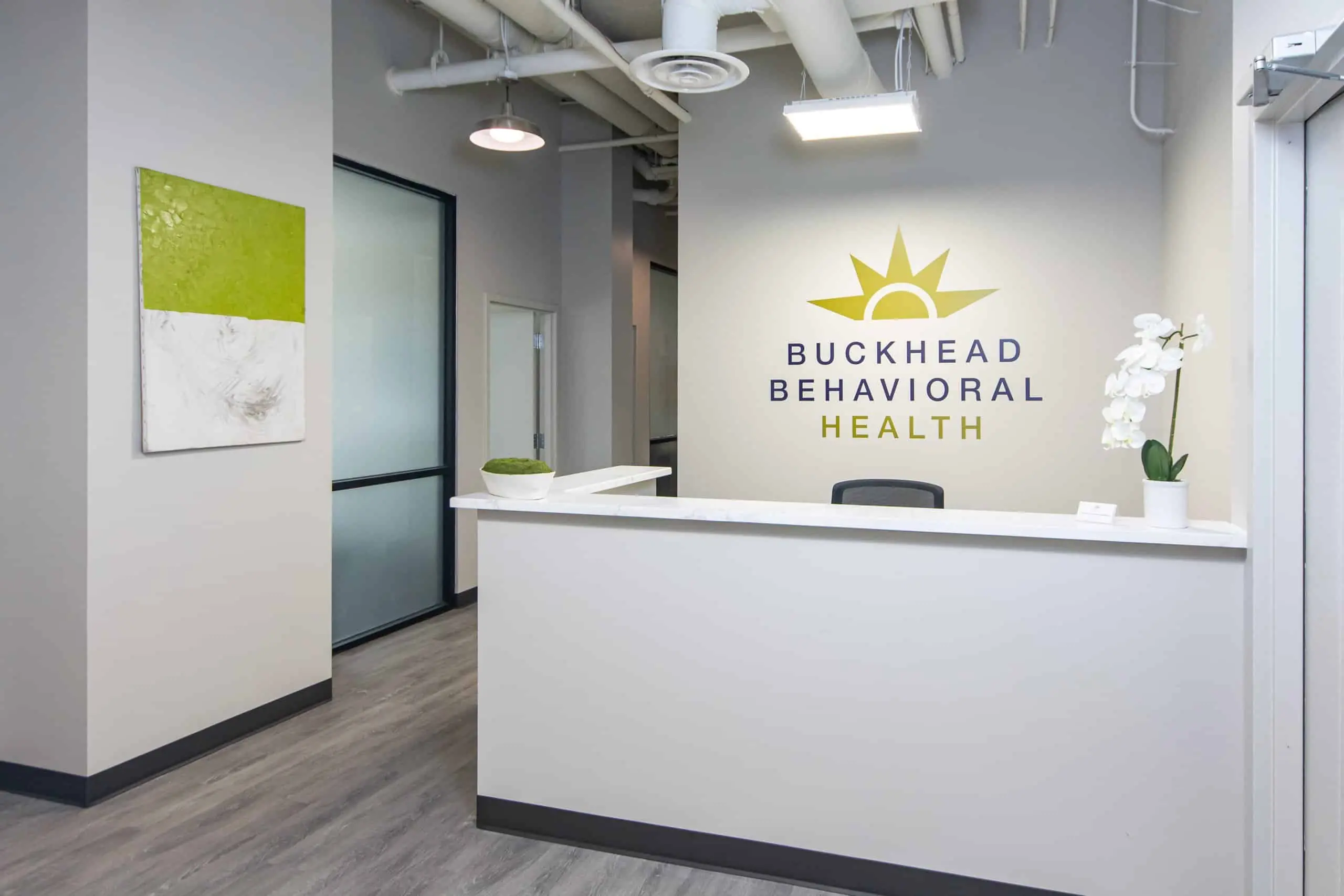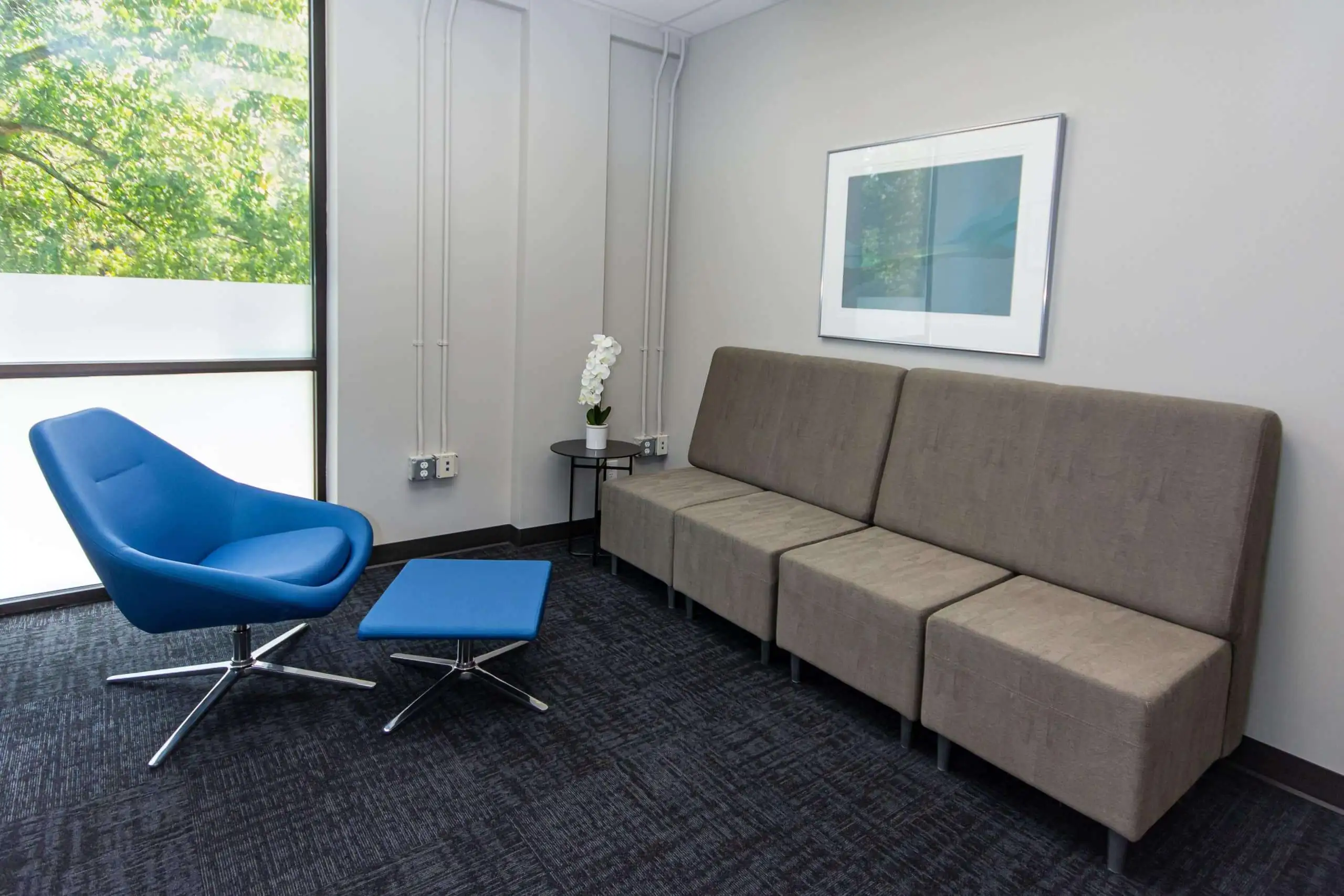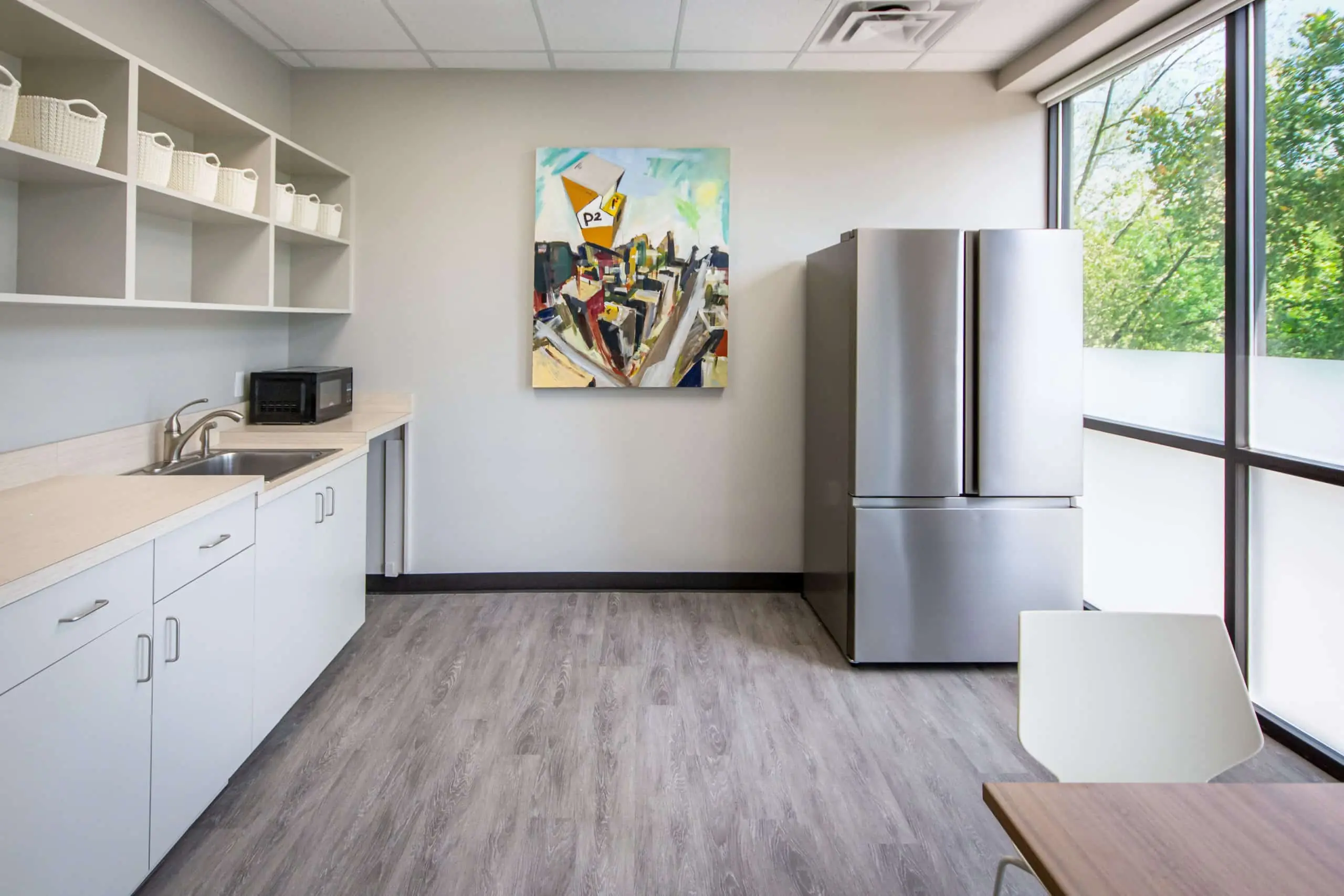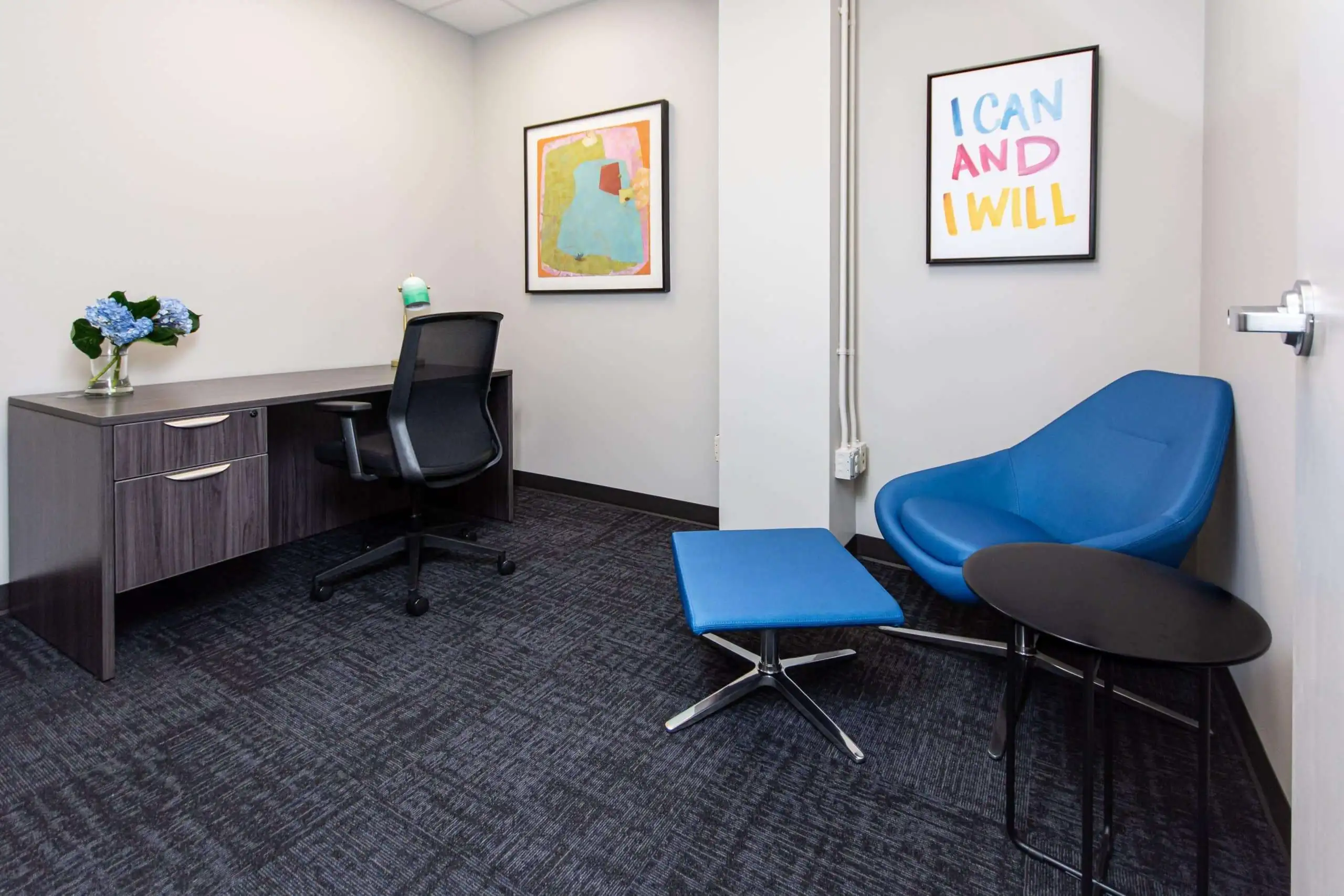It’s more than just the blues. Depression is the great silent burden facing Americans today. Tens of millions of people every year suffer from depression. That doesn’t mean that it’s impossible to treat. It just means that it’s impossible to ignore. And more importantly, that means that it’s nearly impossible to treat by yourself. Getting depression treatment (especially inpatient depression treatment) is about more than just a day of self-care.
It’s not like you can do the same thing that you’ve always done and get something different than you’ve always gotten. Sometimes you need to change your environment. Which means to get treatment, sometimes you need to make sure that you get the help that you need. Sometimes you need to get inpatient depression treatment.
What is Depression like?
Depression is difficult to describe. Scratch that. Describing depression in words in a way that reflects how awful the experience of major depression is is like describing the milky way to a blind person.
Depression is a common and serious mental health disorder characterized by persistent feelings of sadness, hopelessness, and a lack of interest or pleasure in activities. It goes beyond the occasional feelings of sadness or “the blues” that everyone experiences from time to time. Depression affects how a person thinks, feels, and behaves, and it can lead to a range of emotional and physical problems.
Key Features of Depression:
- Persistent Low Mood: Ongoing feelings of sadness, emptiness, or hopelessness that last for most of the day, nearly every day, for at least two weeks.
- Loss of Interest or Pleasure: A significant decrease in interest or pleasure in all or almost all activities, including hobbies, social interactions, and relationships.
- Changes in Appetite or Weight: Significant weight loss when not dieting, weight gain, or changes in appetite, either eating much more or much less than usual.
- Sleep Disturbances: Insomnia (difficulty sleeping) or hypersomnia (excessive sleeping) can be present, contributing to a cycle of worsening symptoms.
- Fatigue or Low Energy: Persistent tiredness or a lack of energy that makes even small tasks feel exhausting.
- Feelings of Worthlessness or Guilt: Excessive or inappropriate guilt, feelings of worthlessness, or a lack of self-esteem.
- Cognitive Impairment: Difficulty concentrating, thinking, or making decisions, which can impact work or school performance.
- Psychomotor Changes: Agitation or retardation (slowed movements) that can be noticed by others.
- Physical Symptoms: Unexplained aches and pains, headaches, or digestive issues that do not respond to treatment.
- Thoughts of Death or Suicide: Recurrent thoughts of death, suicidal ideation, or attempts, indicating a severe level of depression.
Causes of Depression:
Depression can result from a complex interplay of various factors:
- Biological Factors: Genetics, brain chemistry, and hormonal imbalances can contribute to depression.
- Psychological Factors: Trauma, stress, negative thought patterns, and low self-esteem.
- Social Factors: Life events, such as the loss of a loved one, relationship problems, or social isolation.
- Environmental Factors: Chronic stressors like financial problems, unemployment, or exposure to violence.
Types of Depression:
- Major Depressive Disorder (MDD): Characterized by a combination of symptoms that interfere with daily life.
- Persistent Depressive Disorder (Dysthymia): A chronic form of depression lasting for at least two years.
- Bipolar Disorder: Includes episodes of depression alternating with episodes of mania or hypomania.
- Seasonal Affective Disorder (SAD): Depression that occurs at certain times of the year, often in the winter.
- Postpartum Depression: Occurs in some women after childbirth.
Treatment for Depression (inpatient depression treatment):
Depression is treatable with many means, including inpatient depression treatment. And many people experience relief from symptoms through a combination of:
- Therapy: Cognitive-behavioral therapy (CBT), psychodynamic therapy, or other forms of psychotherapy.
- Medication: Antidepressants can help balance brain chemicals related to mood.
- Lifestyle Changes: Regular exercise, a healthy diet, adequate sleep, and stress management techniques.
- Support: Support from family, friends, or support groups can be crucial.
- Severe Cases: In severe cases, treatments like electroconvulsive therapy (ECT) or transcranial magnetic stimulation (TMS) may be considered.
Depression is a serious condition, but with appropriate treatment and support, most people can manage their symptoms and lead fulfilling lives.
The best treatment for depression: Inpatient Depression Treatment
Inpatient depression treatment is a form of intensive care where individuals with severe or treatment-resistant depression are admitted to a specialized facility, such as a psychiatric hospital or mental health clinic, for round-the-clock care. This treatment is designed for individuals who require a higher level of support than outpatient therapy can provide, often because their depression poses a significant risk to their safety, such as in cases of suicidal ideation, severe functional impairment, or when other treatments have not been effective.
How to get Inpatient Depression treatment for yourself
It’s as simple as picking up the phone and giving us a call today. We have the depression treatment specialists to make your stay at Buckhead Behavioral Health the first day of the rest of your better life.
